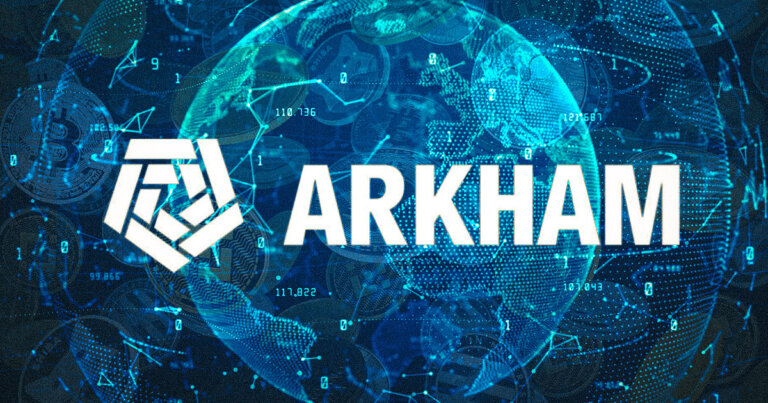 Whistleblower accuses Arkham Intelligence of exploiting Binance and FTX backdoors to dox users
Whistleblower accuses Arkham Intelligence of exploiting Binance and FTX backdoors to dox users Whistleblower accuses Arkham Intelligence of exploiting Binance and FTX backdoors to dox users
Alleged former employee claims misuse of backdoor exploits raises serious questions on user privacy and legality.

Cover art/illustration via CryptoSlate. Image includes combined content which may include AI-generated content.
Crypto intelligence firm Arkham Intelligence has come under fire following a report by whistleblower platform Crypto Leaks, which accuses the company of exploiting vulnerabilities at major exchanges to uncover users’ personal information.
The report, released Oct. 5, centers around video testimony from a purported former Arkham engineer whose name has been released but we will refer to as ‘Kevin’ for privacy. In the video, Kevin claims Arkham used “backdoor” exploits at Binance and FTX to link exchange users to their private cryptocurrency wallets. He alleges Arkham’s CTO requested Kevin create multiple accounts in his name to get around AML/KYC restrictions on account creation. Kevin says,
“They asked me to create an account on Binance and FTX… so they could study it because I am a European citizen and they are not.”
If true, it appears that the company was using multiple Binance accounts to trace transactions in deposit and withdrawal addresses to improve its ability to identify the owners of Binance-linked addresses. This would constitute a severe violation of user privacy and terms of service.
“After a while, [Kevin] read Binance’s terms and conditions, and saw that he was breaching them. He confronted the CTO, Henry Fisher, describing him as responding:
Yes it could be interpreted in an illegal way … but if he was in my shoes, he would do it anyway.”
Our research identified an individual on LinkedIn named “Kevin,” who appears to be the person in the videos and shares the same name. The person’s LinkedIn profile lists a role between June 2022 and Oct. 2022 titled ‘Confidential.’ This time period matches with the information in the Crypto Leaks report. Crypto Leaks has provided verified whistleblowers in the past, such as the expose on crypto lawyer Freedman.
However, when examining the source material, we have to conclude that Kevin’s identity and actual affiliation with Arkham have not been independently verified beyond reasonable doubt by CryptoSlate at this time. However, we are in contact with Kevin.
Arkham openly advertises technology to deanonymize blockchain transactions and connect addresses to real-world identities. However, the company maintains this is done legally using public data. If the accusations are true, it would mean Arkham misrepresented its practices.
The Crypto Leaks report also makes allegations of securities violations, “cult-like” management practices, and unethical behavior at Arkham unrelated to the exchange exploits. These broader accusations paint the company negatively but contain fewer specifics than the exchange hacking claims.
CryptoSlate has reached out to Arkham for comment and is awaiting a formal response.
Binance has also been contacted but has not yet provided a statement in response to the allegations of exchange system abuse. CryptoSlate will update this story as more details emerge. But for now, the report raises serious questions about Arkham’s business practices that merit investigation by regulators and exchanges like Binance and FTX, should it restart.
The full Crypto Leaks report contains additional video interviews central to these allegations against Arkham and more, including using exchange exploits to deanonymize Bitcoin wallets. While disturbing if true, these claims rely on a single anonymous source. More impartial investigation will be required before drawing definitive conclusions about Arkham’s conduct.











































































































